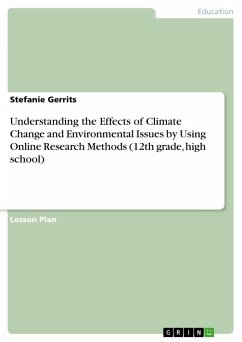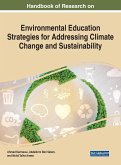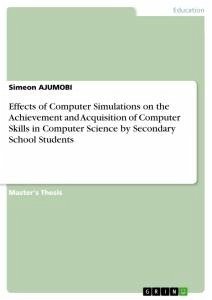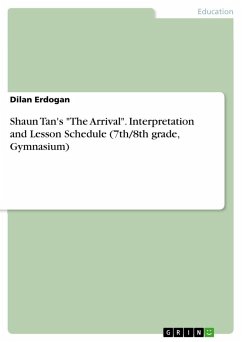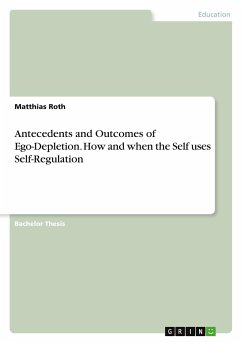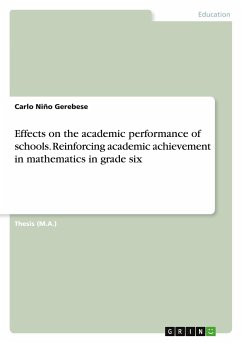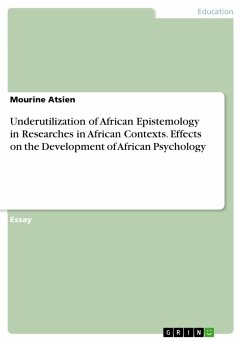Lesson Plan from the year 2022 in the subject Didactics for the subject English - Discussion and Essays, grade: 1,7, University of Trier, course: Technology supported language learning, language: English, abstract: The curriculum states that students should be prepared to develop techniques and strategies for the acquisition of knowledge. In the process, fundamental skills in working with texts, materials and learning objects are to be practiced. The online research task is based on this foundation. As students come across numerous articles, posts, pictures, videos, tweets, etc., they need to be able to gain a brief overview of the content of a text, filter the most important information and combine different information from several materials. They must actively acquire knowledge by working independently, thoughtfully and in a goal-oriented manner; different Internet or news sites are used according to their own goals and needs. In particular, the ability to use media critically is trained by instructing the students to use reputable and reliable sources. Since they already have prior knowledge, the Guideline for online research is meant to reiterate the necessary aspects. Berufsschulen in particular are directly affected by technological and economic changes brought by digitization considering their direct preparation for the working sphere, which emphasizes the importance of the skills taught in the lesson. Technology is becoming more advanced and is entering all areas of life, including the education system and teaching English a second or foreign language. As the daily use of online sources and media among adolescents has nearly doubled in the last ten years, from approximately 138 minutes in 2010 to 258 minutes in 2020, and continues to increase, it is essential to design English language teaching tasks more digitally oriented. Especially considering that English is the dominant language in media use alongside the respective native language. However, it is necessary to use digital media in the classroom not only as a means of including them, such as merely showing a video; it is crucial to use them in meaningful and effective ways that allow students to develop relevant subject-specific and cross-curricular competences. Traditional principles of English language teaching, e.g. action orientation, learner orientation, authentic communication and diversity of authentic texts, or the ability to critically use media are still as relevant, although new literacies have to be involved as well. This includes visual texts and communication and digital competences with a focus on language and forms of expression in digital communication.
Hinweis: Dieser Artikel kann nur an eine deutsche Lieferadresse ausgeliefert werden.
Hinweis: Dieser Artikel kann nur an eine deutsche Lieferadresse ausgeliefert werden.

